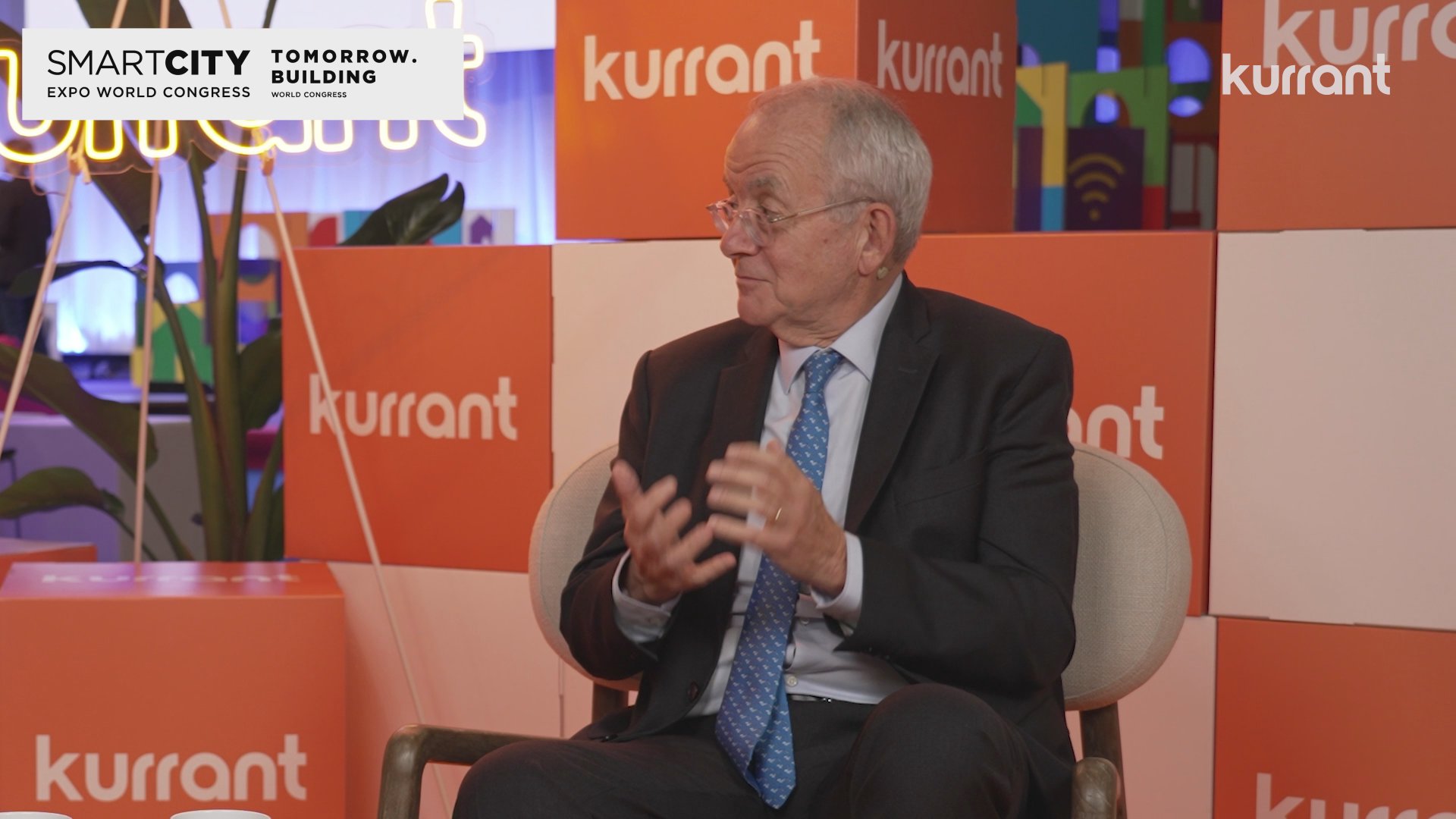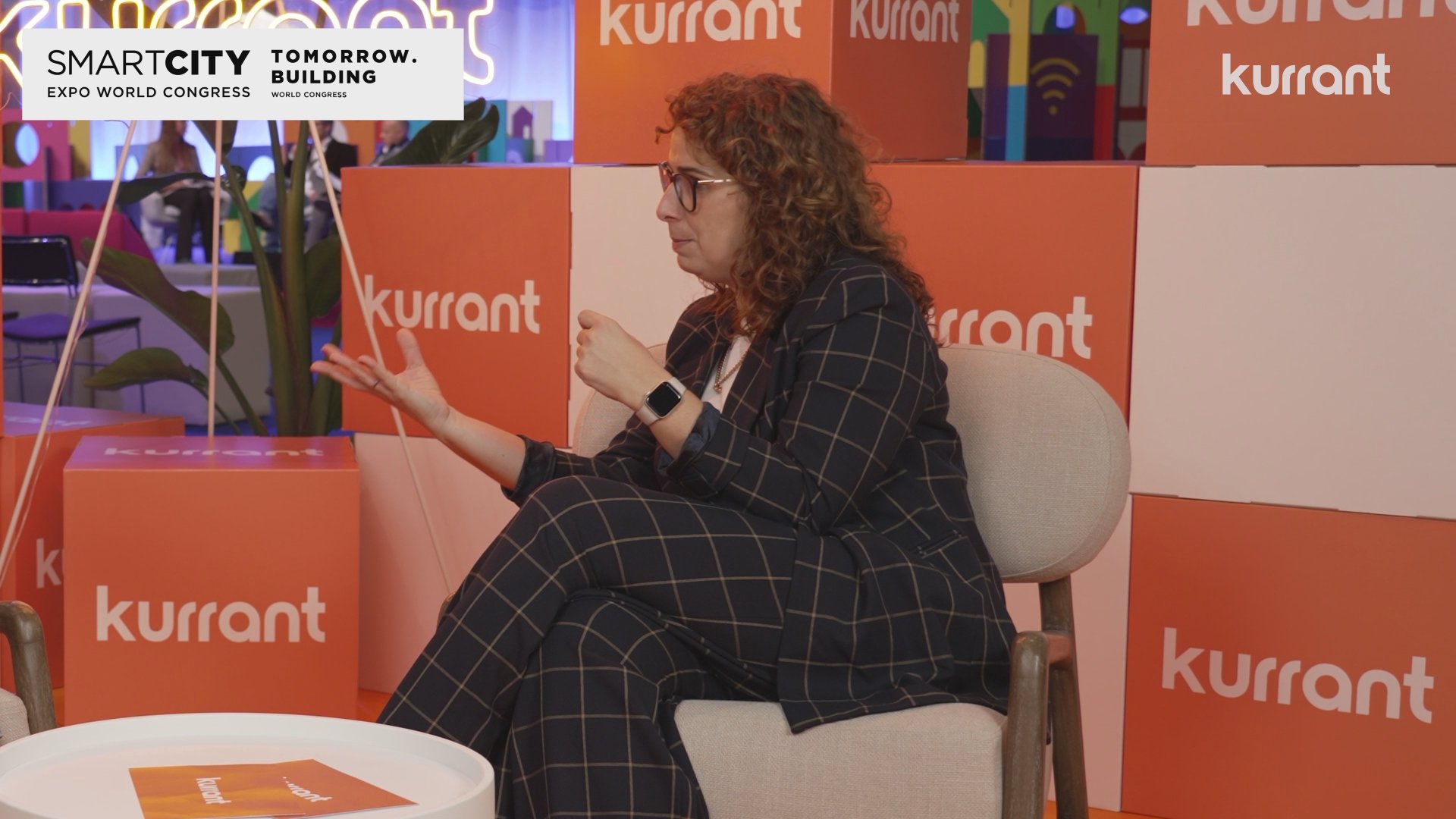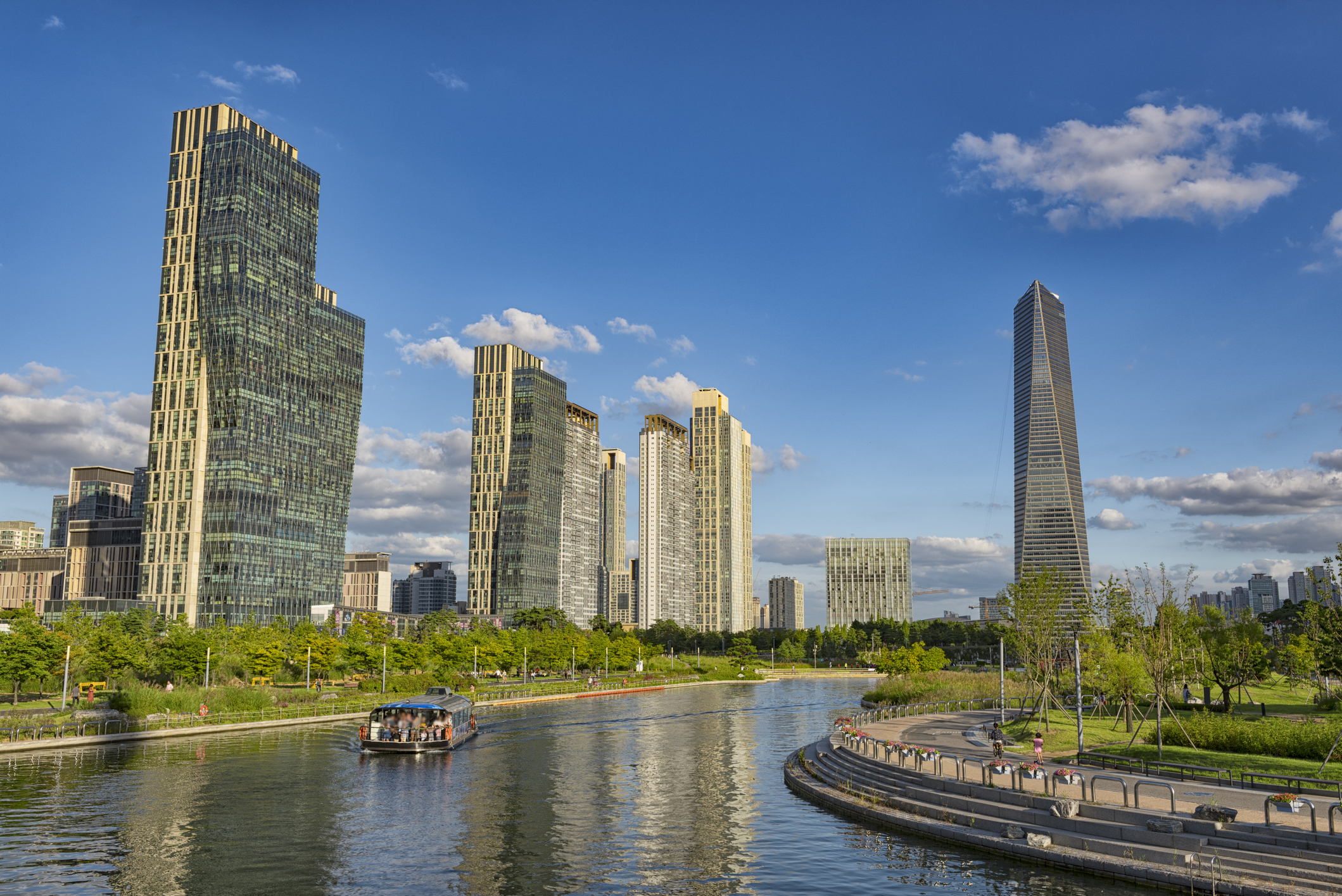Author | Arantxa HerranzAn increasing number of cities are introducing car restrictions in their city centres, firmly focusing on public transport and other less polluting forms of transport. No wonder, since it is estimated that by 2050, around 70% of the global population will live in cities. And this means these cities will consume even more energy in order to meet the vital needs of their populations.This energy consumption is directly related to the quality of air we breathe and this is vitally important for all cities. In fact, it is one of the main factors that determine whether a city is a healthy place in which to live.
Controlling car traffic to improve the air
One of the aspects that has the greatest impact on the environment (and, therefore, on our quality of life) is car traffic. Car traffic leads to poor air quality as a result of the gases and particles emitted by vehicles, but it is also responsible for generating unacceptable noise levels, which ends up debilitating the people living and working in those areas.Car traffic also generates high costs for the economy as a result of the accidents and traffic jams caused by these vehicles.Therefore, an increasing number of cities around the world are establishing car traffic regulations and limitations in their city centres. These entry authorisations or restrictions depend on each city council, but they can be established in accordance with the emissions of each vehicle, with payments to access certain zones or based on the type of vehicle, among other standards.
How to control traffic in low-emission zones
In any event, the aim is to create Zero Emission Zones. In general terms, this means that vehicles with higher emissions cannot access these zones. In some low-emission zones, the most polluting vehicles have to pay more if they want to enter low emission zones.How to really ensure only authorised vehicles access city centres? The possibilities here are more varied, but there is a common denominator in all of them: ultimately, it is the local authorities and police officers that are authorised to fine those that do not comply with regulations.However, a group of experts in the United Kingdom have proposed a control initiative which means citizens are able to, not only report any breaches of these regulations by law-breakers, but they can also earn a bit of money while doing so.In a new report on air pollution, this group suggests that cities with a Clean Air Zone should introduce the possibility of a citizen-based reporting system. With this system, citizens would receive a payment for monitoring polluters by filming any vehicles that have been idling for a specific length of time and provided they can prove this, by sending the images to the city council.
Is it wise to have citizens policing our cities?
The proposal may seem extravagant, but it is not new: it has been in force in New York since December 2017. In fact, some New York residents claim to have earned thousands of dollars through this system.Clearly, these types of initiatives are controversial. Should public administrations delegate some of their functions to civilians? In Singapore, for example the Citizens on Patrol (COP) exists, brigades in charge of informing the police when they detect any suspicious activities (and not just traffic-related ones) in their neighbourhoods.As illustrated in a United Nations report, many countries are decentralising police functions to bring them to a community level. However, although the functions of the public administration should be redesigned, “reforms that concern public order issues should be placed within this wider context. Reform efforts should begin with respecting the rule of law and the need to apply it in a uniform manner”.In any event, the truth is, these initiatives open the way for authorities to adopt a different approach in terms of achieving the goal of having cleaner air to breathe in their cities and raising awareness among citizens.There is no doubt that some laws are very difficult to enforce, given the need for a police officer to be present at the time of reporting an event. A change in legislation and the possible introduction of a “citizen reward scheme,” may be an effective solution, particularly in cities with limited budgets and resources for providing police officers to patrol and control access to their cities by car traffic.Images | Aleks Magnusson, Miquel Roselló Calafell, David Dibert, Luke Porter






















































